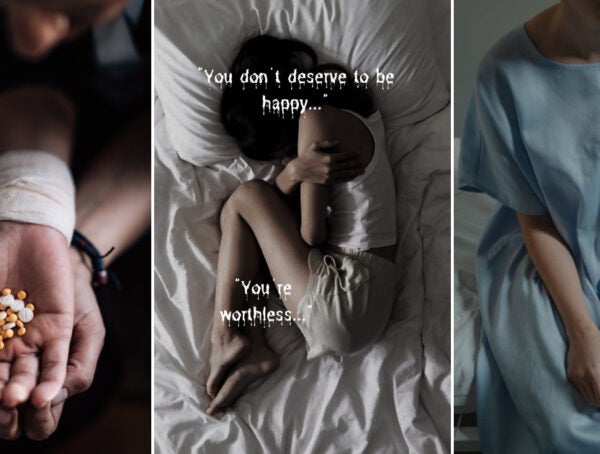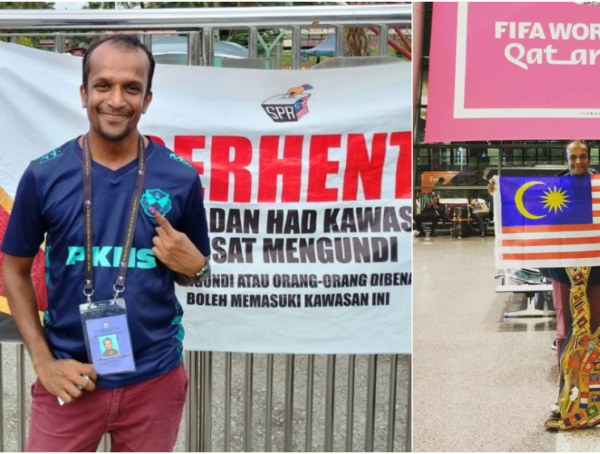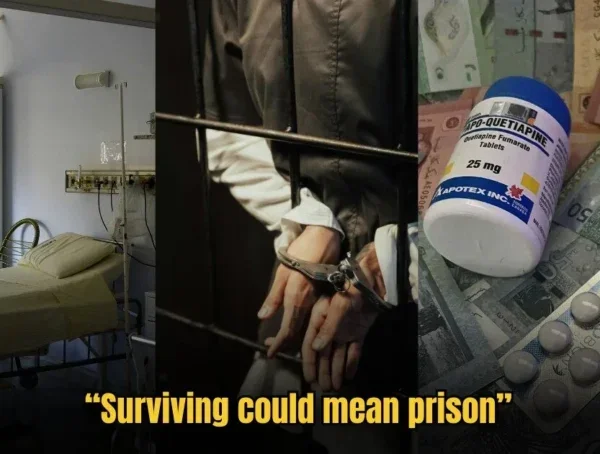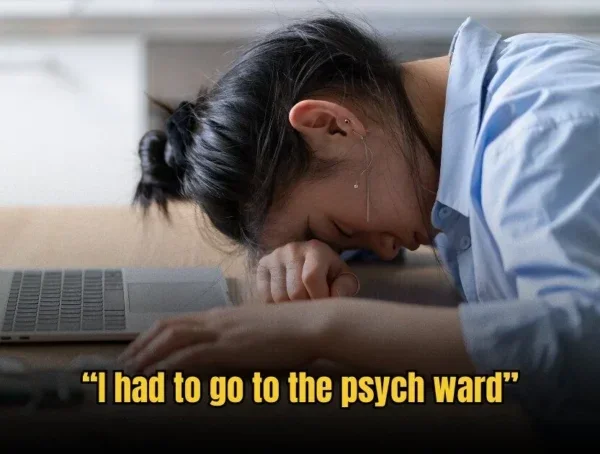In Malaysia, a study among millennials showed that 33.3% of them said they hated their jobs. A further 26.6% said they felt suicidal.
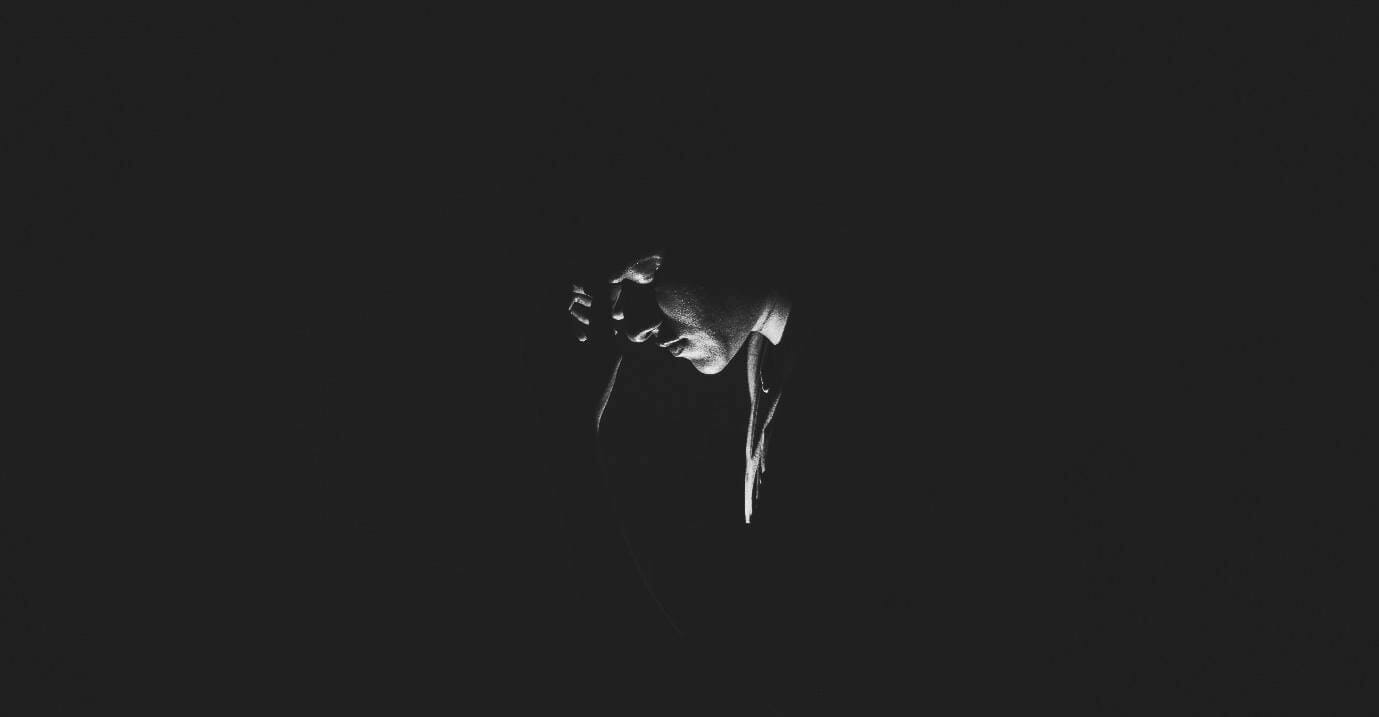
My cousin Owen was one of the 26.6%. Here is his story, told from his point of view:
“I can’t do this anymore.”
That’s what I’d said to myself, 5 seconds before bolting out of the office one day.
It wasn’t even a bad day. My boss was great, my work was manageable. I had no reason to feel like this.
Except I did. I was depressed.
I’d been dealing with depression for about a decade now.
It was only a few months back that I was professionally diagnosed by a passionate team of doctors at Hospital Universiti Kebangsaan Malaysia (HUKM).
If you’ve never suffered depression or anxiety at the workplace, I’ll tell you what it’s like.
When the panic attacks started
Every minute at the office felt like an eternity.
The panic attacks were the worst. My mind wouldn’t stop racing.
I had this heaviness in my chest. It felt like the walls around me were caving in, like being ganged up on by a crowd. It was excruciating.
Every task that I had been assigned to, no matter how mundane, simple or stimulating – felt like a chore.
I had to exert 5 times the energy that a regular person would.
Looking back on that time in retrospect, I had no idea how I managed to survive. The worst part is, I don’t even know how it got to that point.

I was excelling at work
But despite feeling like everything was crashing down, I was… actually excelling at work.
I was swift and efficient; I became an asset to the company I worked for and even got high appraisals from regional managing teams and directors.
Everyone said, “I love Owen, he’s so capable.”
No matter which work culture you’re in, being a workaholic is always glorified.

Over time, my colleagues sensed that something was wrong and started asking how I was doing.
Every time, I felt compelled to give a curt: “Yup, I’m okay. Doing fine, thanks.”
I felt as if they were hearing me, but not really listening.
You see, there’s this corporate stigma of not really disclosing how you truly feel.
People hear what they want to hear. And what they want to hear is that you’re fine.
So, I’d go through daily panic attacks, random bursts of tears in my own cubicle and just feel empty in general.
But I’d hide it under a fixed smile and a whole stack of work.
The breaking point came with a suicide attempt.
My lowest point was when I was hospitalized briefly due to a suicide attempt.
It was a night of intense drinking. I decided to get into my car and asphyxiate via carbon monoxide fumes after turning off the engine. I did it twice that night.
After that, I checked myself into the hospital for attempted suicide. I took a week and a half’s leave from my company.
It was in the HUKM ward, truly on my own – with no work, friends and/or any social media, that I could really evaluate what was important.
I realised something powerful — if I was to muster the strength to get back up again, I’d need to prioritise myself first.
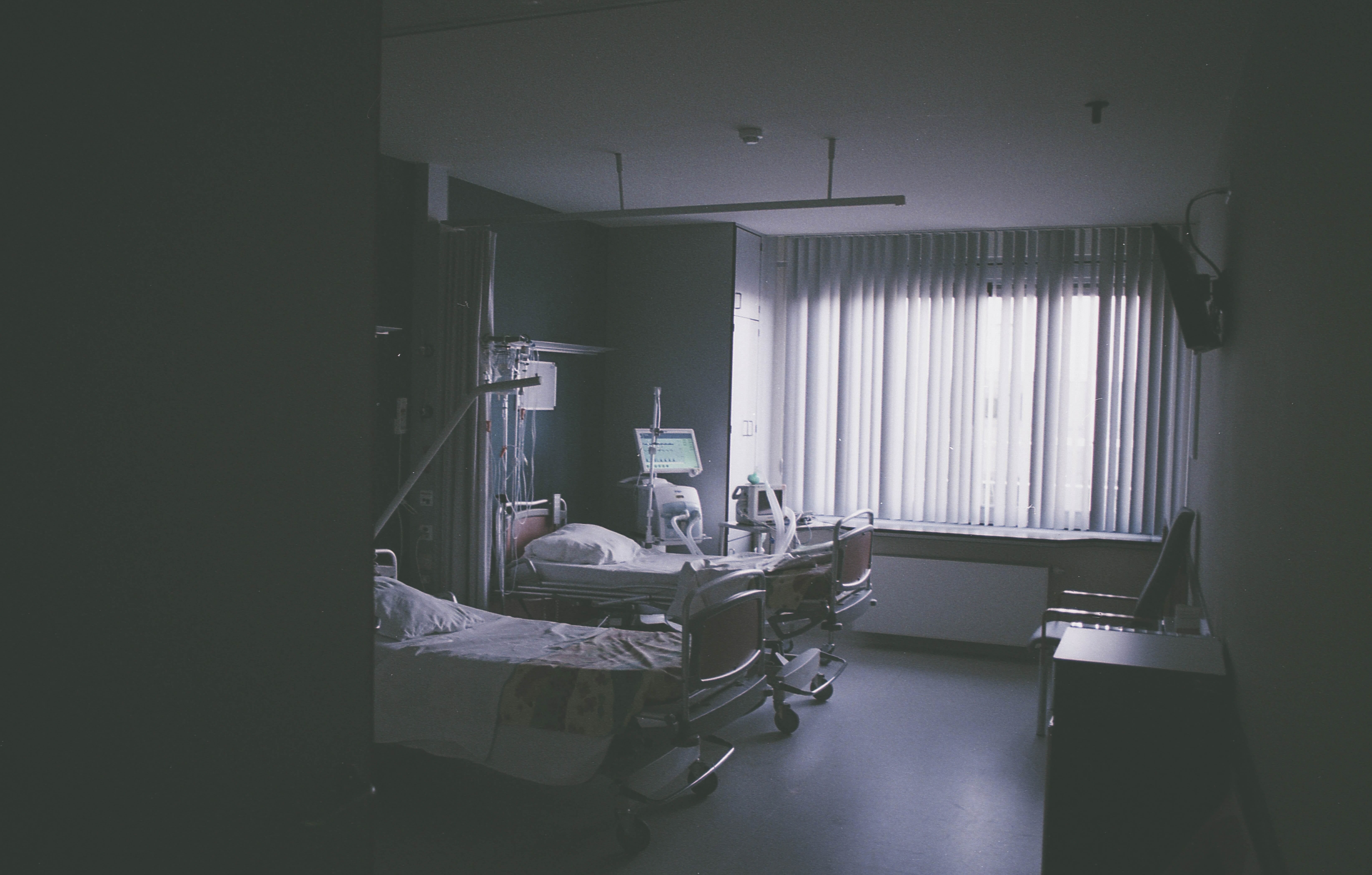
When I was discharged, I gave two weeks’ notice of resignation to my company. There was hesitation and my immediate boss refused to let me go.
But eventually, my seniors and bosses respected my decision.
One of my colleagues said: “Take a break from work. It’s okay to have anxiety.”
Other colleagues helped finish the work I left behind because of my condition.
It’s one thing to have a “thumbs up” at the workplace — but to have colleagues tell you to take a break, and that “it’s okay to have anxiety” when there’s work to be done, is a privilege not many employees get to experience.
I was lucky that they were able to view me as a human being, rather than an overachieving employee.
I knew who my supporters were, and who my critics were.
One of the hardest things about depression is the lack of awareness that our society has towards it. This is certainly reflected in our workplaces.
Not many people understand the struggle of living a daily life with depression. Older people cite it as a millennial thing while your peers would see it as “bouts of incompetence”.
When I resigned, there were a few not-so-nice comments on how I ‘couldn’t cope’ with the stress, and a whole lot of people talking behind my back and making their own assumptions in the office.
“These millennials ah, cannot take stress and criticism.”
“It’s all in his head lah.”
“He shouldn’t even have been hired.”
But, there were two people in the office that really did care for me as a person — Jane and Fera.
As we all worked in the same office, we knew what each of us were all going through – professionally, be it workload, management or the people there in general.
When I began to open up to them about my mental health, they listened and tried to understand, even when it was hard for them to see the world like I did.
In fact, they were the ones who advised me to take a break from work as they could tell I really needed it.
I want to thrive and not be another statistic.
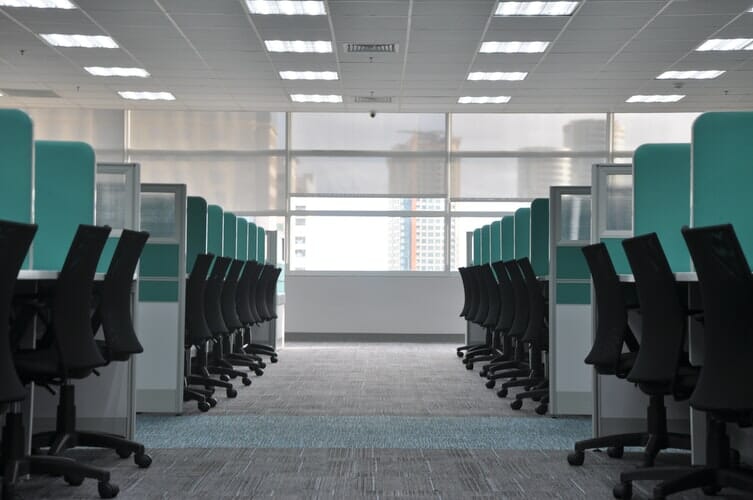
These days, prioritizing myself over work has gotten much better.
How do I do it? With lots of self-care and taking time off to focus on the good and best parts of my life.
I realised how important it was to spend time with the people I love.
Right after I took a break from work, I went on a mini rendezvous with my friends to Penang and chilled by the seaside.
Witnessing the scenery helped rekindle my love for life.
I’d also pamper myself by having mini night routines of long baths, listening to music, and decluttering my home.
No job is ever too important in compromising or sacrificing your physical and mental wellbeing.
Honestly, there’s only so much a ‘pill’ can do for someone who is depressed. It kind of numbs you and just “gets you through life”.
I realised that the rest had to be my own initiative – what can I do to make myself fall in love with life again?
Occasionally the crippling exhaustion and hyperventilation does return, but it doesn’t last that long and it’s no longer a full blown panic attack.
Now, I’ve gotten a lot better at dealing with myself and the circumstances around me.
For more stories like this, read: Here’s How I Had (And Coped) with Workplace Anxiety and Workplace Bullying: How My Closest Colleagues Turned on Me.

You might also like
More from Real Mental Health
“I Was Scared of Waking Up in Handcuffs,” shares Depressed M’sian on Repealed Law
In 2023, Malaysia repealed Section 309, a colonial-era law that made suicide attempts a crime. The change marked a shift …
‘Everyone Saw A Successful Student While I Was Crumbling,’ Shares 22 Year Old Student
This is a story of a 22 year old woman who shared her story as a Straight A’s student as …
5 Harmful Mental Health Myths Malaysians Still Believe
Let’s break down five of the most common myths Malaysians still believe, and why it’s time to let them go.






